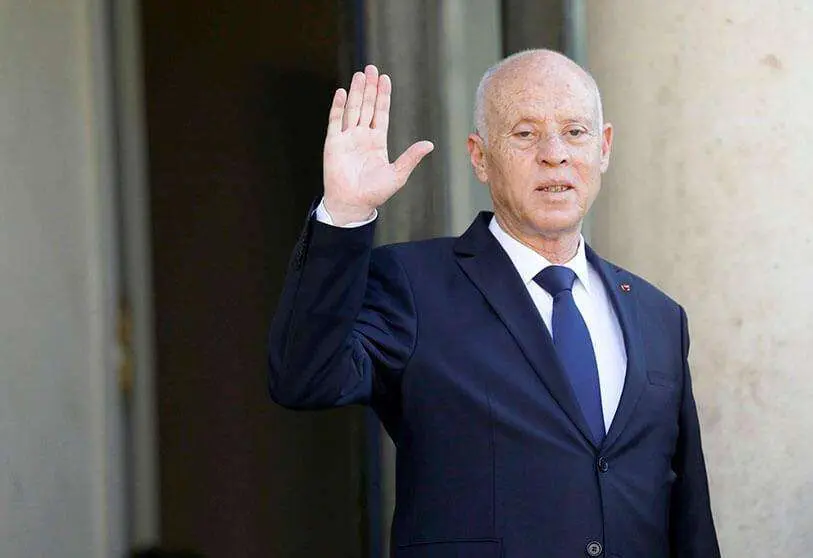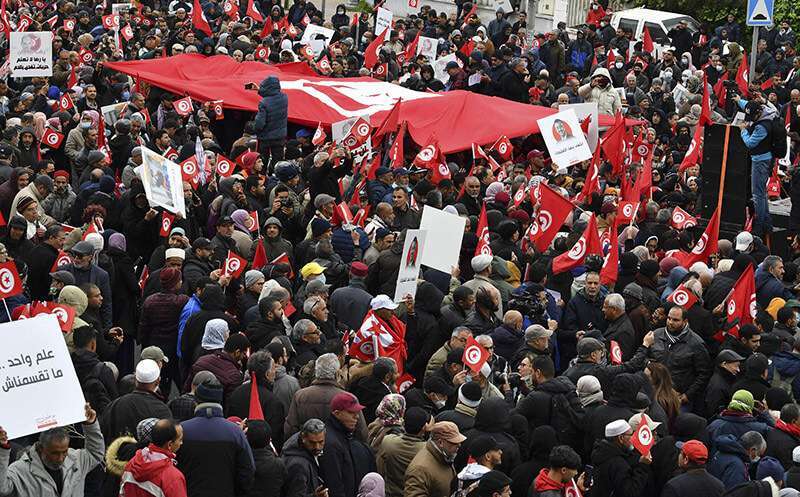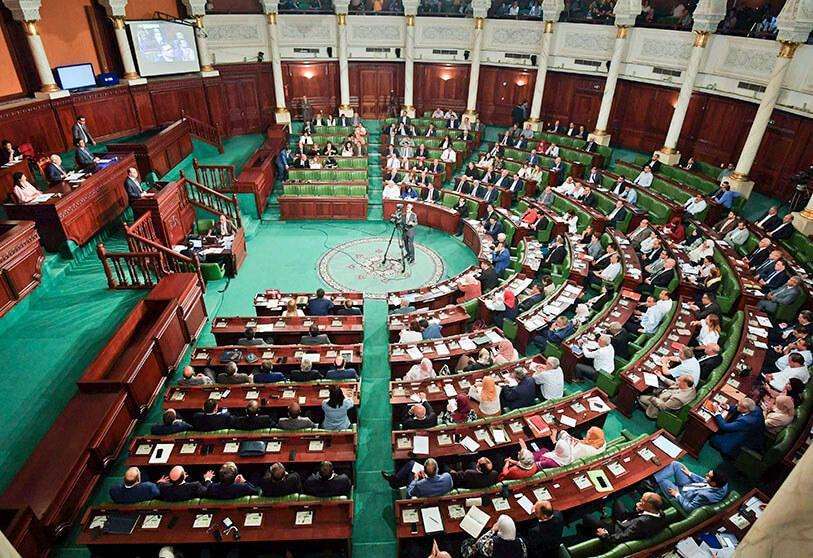Tunisian president receives the draft of the new constitution

The coordinator of the High National Consultative Committee for the new Tunisian Republic, Sadok Belaid, has presented the draft of the country's new Constitution to the Tunisian President, Kais Saied, which will be voted on in a referendum on 25 July, after being validated and reviewed by the President himself. According to a statement issued by the Tunisian Presidency, the constitutional text is not yet final and is subject to possible changes at the request of Kais Saied.
After a meeting with Belaid, the Tunisian president said that the draft Magna Carta "is an opportunity to discuss a set of new concepts and ideas, as well as to touch on the processes of dialogue in the past period and the exchange of different points of view", as reported by the daily La Presse.
Thus, Saied's government continues to make reforms to turn Tunisia into what he himself has described as a "New Republic", something that has served to bring him several criticisms for the increased power and tyranny with which he is carrying out his mandate.

With regard to the new constitution, Kais Saied announced on 2 May that a committee would be set up to draft a new constitutional text, inviting the country's main trade union, the Tunisian General Union of Workers (UGTT), the Tunisian Confederation of Industry, Commerce and Crafts (UTICA), the National Association of Lawyers (ONAT) and the Tunisian League for the Defence of Human Rights (LTDH) to participate in the process.
In doing so, the president argued that it was a "different process of national dialogue" from previous ones because "it is open to those who accepted the correction process" launched on 25 July 2021. On this date Saied, following a controversial interpretation of Article 80 of the 2014 Constitution, claimed all powers by announcing the termination of Prime Minister Hisham al-Mechichi's functions, the paralysis of the House of Representatives and the lifting of immunity of its deputies.
However, the trade union UGTT, which until then had been allied with the president, resigned from the new Constitution Committee on the grounds that it "did not meet the conditions for a real and meaningful dialogue". Since then, protests have not ceased in the country, starting with the general strike called by the union on 16 June and continuing with the demonstrations this past Saturday against the referendum on the new Constitution.

Thousands of protesters took to the streets, led by the leader of the Free Constitutional Party, Abir Musi. "Tunisians are starving, finances are at the point of collapse, but Saied doesn't care; he only cares about his personal project to impose his Constitution; we won't allow it," Musi said.
The appointment of a new electoral commission to oversee the results of the referendum has also been viewed with great suspicion by the opposition. This discontent comes on top of the creation of a temporary justice council, the regulatory body for judges, and the dismissal of dozens of magistrates.
However, Saied's supporters describe all these policies as an attempt to "rid the country of a corrupt political elite that has held back the country's economic and social development and impeded its progress for a decade".








